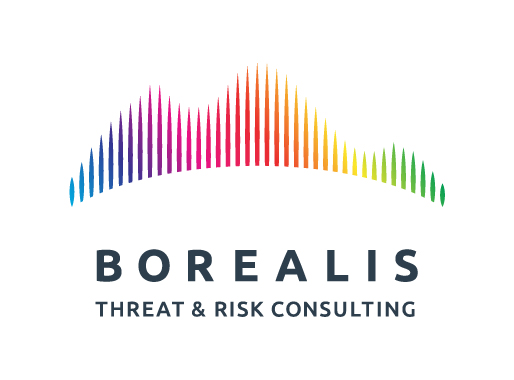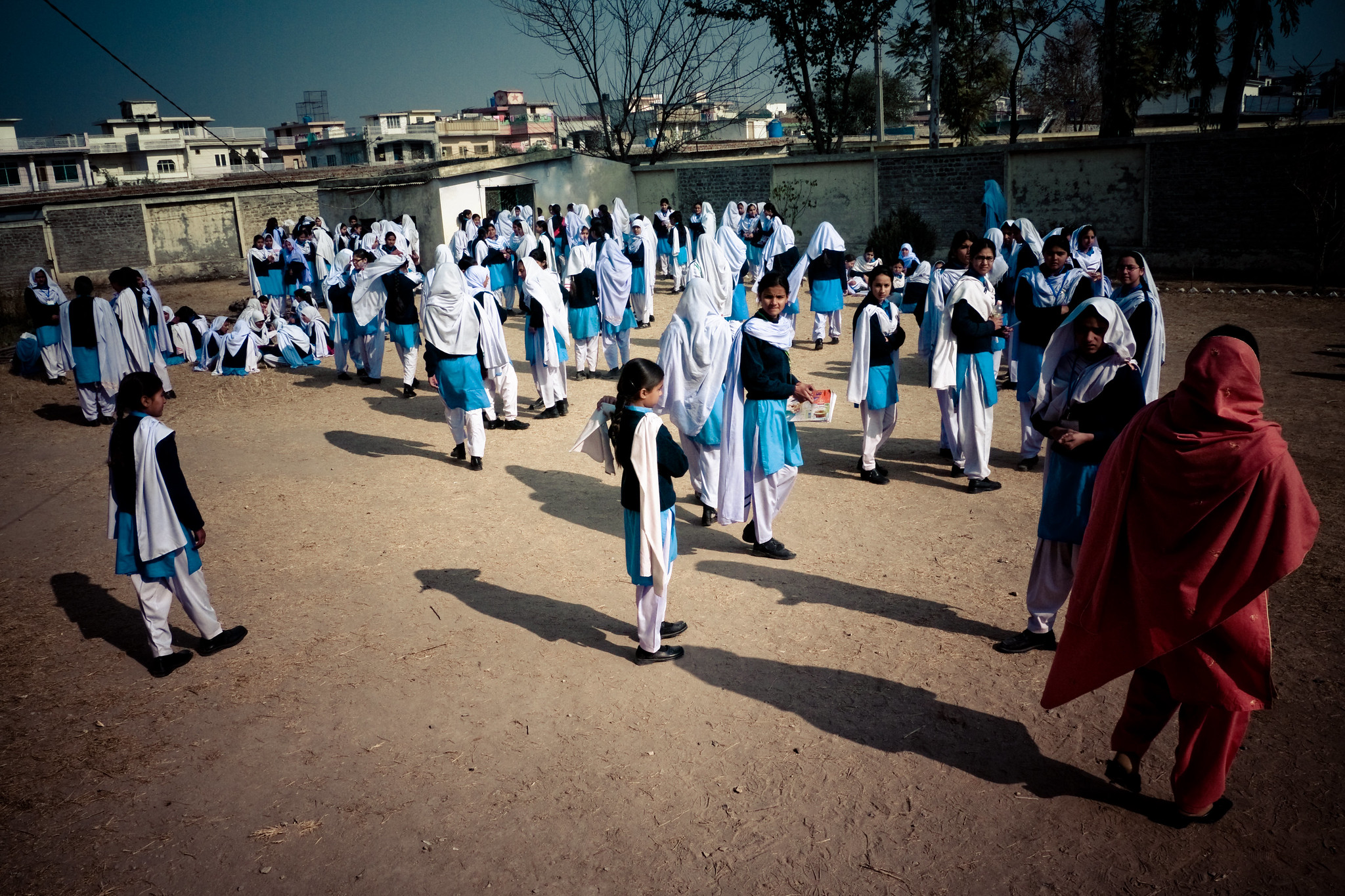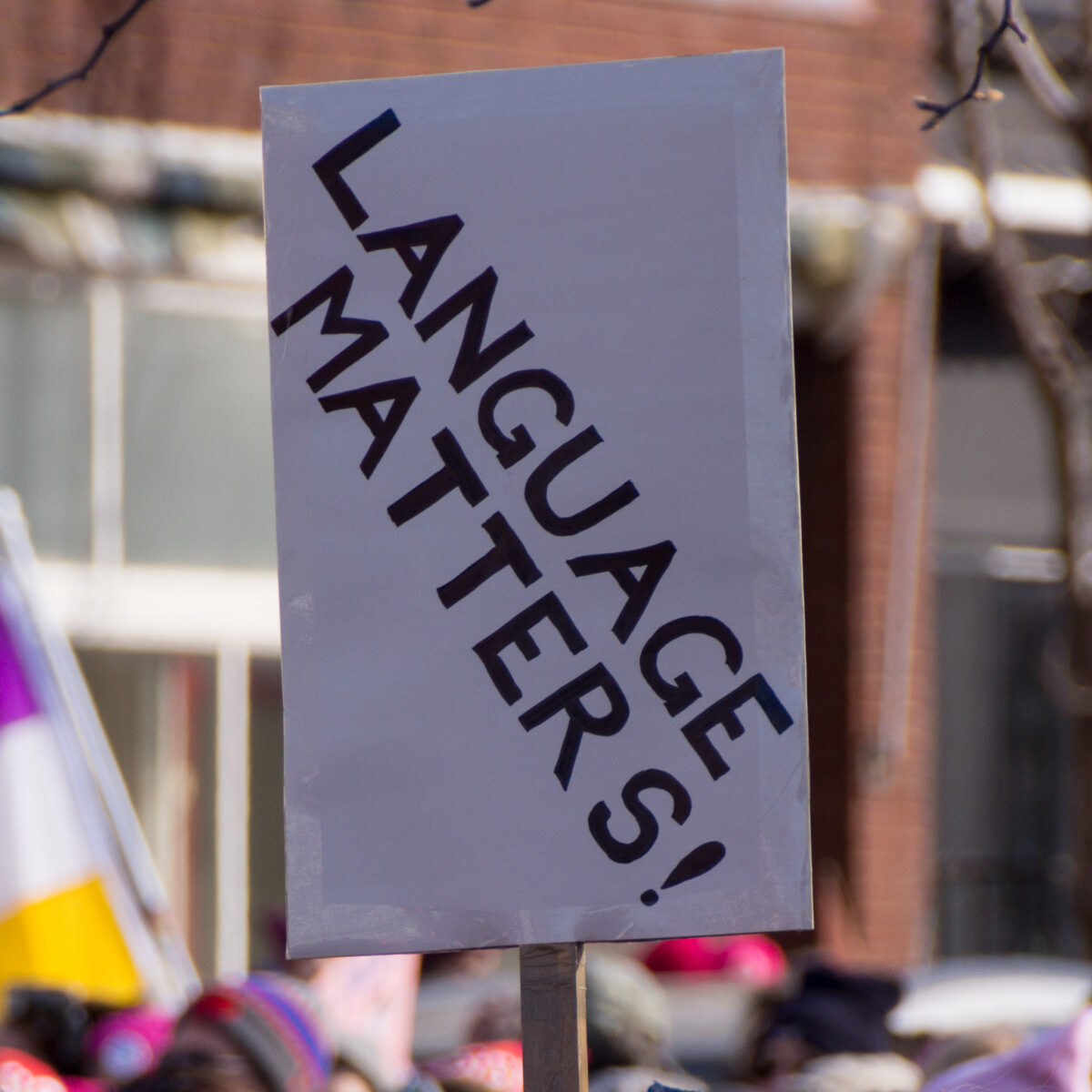I have always been a big fan of concrete and accurate language (maybe it is the linguist in me or maybe I just really hate when people go on and on when they should have stopped talking long ago). Why use more words when fewer not only take less time but are more germane to what you are trying to say?
Take the words we use for terrorism. Definitions aside – and there is a LOT of disagreement when it comes to this one noun – we all kinda know what it means. Violence, often on a grand scale, in the furtherance of a cause, whatever it may be. This last part is what distinguishes it from other forms of violence – street gangs, organised crime, domestic abuse (spousal and/or child) – none of which are carried out in the name of any movement or belief system. This is not to deny the impact of the latter – far from it. In our societies these types of violence far outweigh terrorist forms in terms of both frequency, numbers of victims and overall impact.
But when it comes to what those causes are the decisions made by various jurisdictions are not on the same page. There is, as we shall see, some common ground, but no universal agreement. To wit:
- in Canada the Canadian Criminal Code cites “a political, religious or ideological purpose, objective or cause”;
- in the US the Army has the same definition as in Canada but neither the FBI nor the US Code mention anything in this regard;
- the UN likes the Canadian trio but adds “philosophical, racial, ethnic or ‘other'”.
And so on.
Do you see where the problem lies?
Not only is just about everything included (when everything is terrorism nothing is in my books) but who decides what a ‘philosophical‘ cause is? What constitutes an ‘ideology‘? A ‘religion‘? Where are the standards here, if any even exist? And ‘violent extremism‘? Whatever happened to good old terrorism?
It gets worse.
In recent years the Canadian government, possibly through the Canada Centre for Community Engagement and Prevention of Violence, an arm of Public Safety Canada I have never had much time for (full disclosure: I worked at Public Safety Canada in the National Security Directorate from October 2013 to my retirement from the civil service and crisscrossed the country talking about terrorism from my vantage point as a Canadian Security Intelligence Service – CSIS – analyst), appears to have imposed wording on CSIS. I just learned that the security service now uses the terms ‘ideologically-motivated violent extremism‘ (IMVE), ‘politically-motivated violent extremism‘ (PMVE) and ‘religiously-motivated violent extremism‘ (RMVE) in its own operational divisions in assigning resources to these challenges. The excuse for this change proffered was to better reflect what the law says (section 83.01 of the Canadian Criminal Code and Section 2 of the CSIS Act).
And it is wrong.
FYI we used to call various strands of terrorism what they actually were, not what some bureaucrat thought. Phrases like ‘Sunni Islamic Terrorism‘ (‘Islamic‘ is not as good as ‘Islamist‘ IMHO but the Sunni part is 100% on). Sikh terrorism. Right-wing terrorism (yes, ‘right wing‘ is problematic but it sure beats IMVE!). All very precise terms. And they all worked fine for us in operations.
I was not at all involved in, or even aware of, the decision-making process when the change was implemented after the January 2017 attack on a mosque in Quebec City and only learned of the ‘rationale’ last week at the annual Canadian Association of Threat Assessment Professionals (CATAP) conference when an old friend and former colleague walked us through it. I may understand it – finally! – but I don’t buy it. To my mind this does absolutely nothing to help investigate terrorism in Canada and is nothing but a word game.
And while I do not want to go down the rabbit hole of conspiracy (see latest Quick Hits podcast on QAnon and such), I cannot shake this feeling this is all political correctness/woke culture/cancel culture run amok. After all, we have seen movements to erase the term ‘Islamist terrorism‘ by those who call it ‘racist‘ despite its general acceptance around the world (both in academe and amongst practitioners). Apparently some Muslims are ‘upset’ when they read that phrase. Gee, I wonder how upset the families of jihadis’ victims feel?
I do not generally support the use of language that is not necessary and where the downsides outweigh the benefits but banning ‘Islamist terrorism‘ and replacing it with the bland, meaningless RMVE is a step too far. It does nothing to help those who investigate these actors and may in fact detract from their efforts. The same goes for IMVE and PMVE, neither of which really means anything.
Furthermore, government busybodies can do whatever they see as the soupe du jour, but this ill-considered practice should NOT expand to security services and law enforcement agencies, the role of which it so stop bad people from doing bad things, not worrying about what words to use.
I can promise you I will NEVER use these terms in my podcasts and blogs. I will stick to what is both accurate and most helpful. I don’t do woke culture: I think I am awake enough thank you very much. My position may ‘upset’ some but these are principles I will stick to. I promise.
Read More About Islamist Terrorism

Quick Hits Episode 206: when woke culture makes national security impossible
Woke and cancel culture are gaining ground on many fronts and may in fact be having a serious effect on our ability to ensure national security and public safety.
May 21, 2004: Bombing at Bangladeshi shrine
On May 21, 2004 a bomb injured the British High Commissioner to Bangladesh while he was visiting the Shah Jalal shrine, killing two.

May 7, 2018: Girls’ school bombing in Pakistan
On May 7, 2018 the Ittehadul Mujahideen North Waziristan bombed two girls’ schools in Pakistan and left pamphlets urging families not to send their children.

